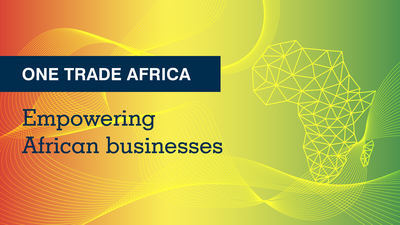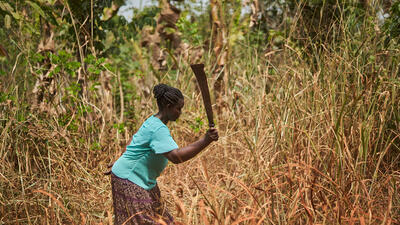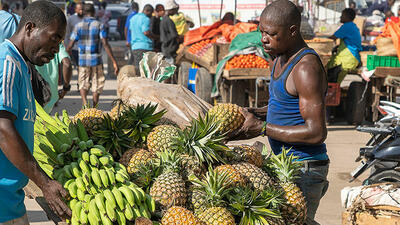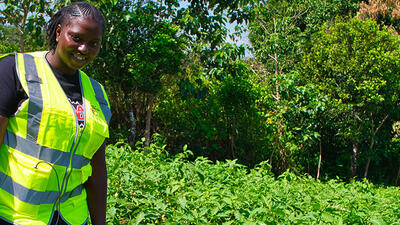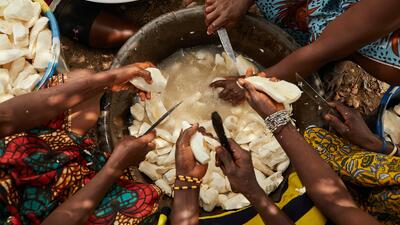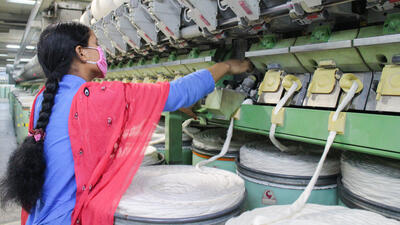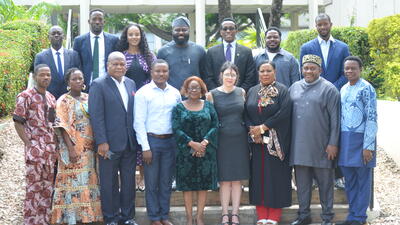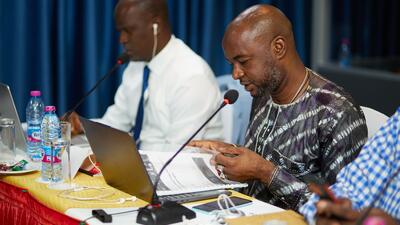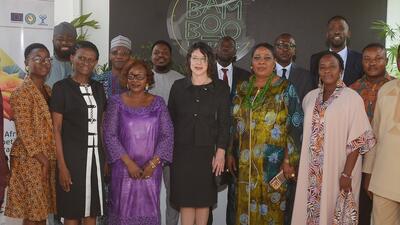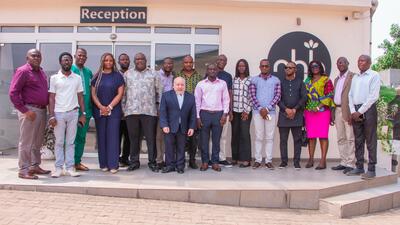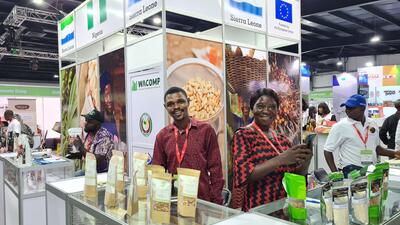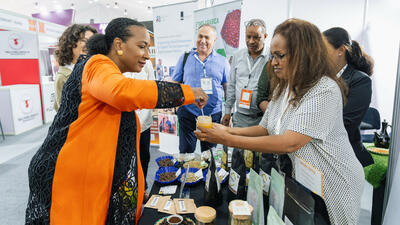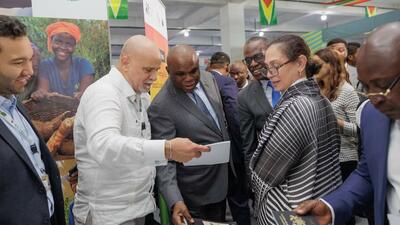

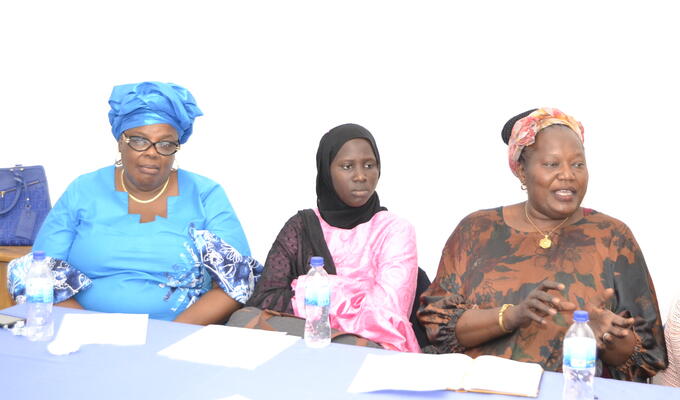
Empowering female entrepreneurs to address trade obstacles in West Africa
Female entrepreneurs tackle trade barriers in West Africa, though ITC training on the Trade Obstacle Alert Mechanism.
Difficulties in connecting to potential clients in neighbouring countries, dealing with problems at custom points, and understanding complex exporting procedures are some of the challenges faced by businesses in West Africa.
As part of the West Africa Competitiveness Programme (WACOMP), ITC held two workshops in Senegal and Gambia to engage with women entrepreneurs using the Trade Obstacle Alert Mechanism (TOAM) to overcome these barriers.
With clients based across Africa, workshop participants including Beatrice Mboge, CEO of the Gambia Women’s Chamber of Commerce, said easier trading systems and shared expectations for the TOAM would simplify business export operations.
“In general, the platform can help reduce the challenges that women traders face, especially when national focal points from neighbouring countries work together. Some have already used the Trade Obstacle Alert Mechanism to report obstacles that they have faced, and these obstacles have already been addressed,” said Mboge.
Amie Darboe, the founder of Amie's Spices, says the platform may encourage small business owners to voice their demands. "We face a lot of challenging obstacles, especially when exporting by road. Having a place to report the obstacles for it to be solved would ease the burden and make exporting easier,” said Darboe.
Entrepreneurs attending the workshops learned how to report obstacles through the TOAM website and to better understand market access conditions.
"I would love to reach the international market so that I could display the traditional and nutritional cereals my company produces here in the Gambia. I am in search of reliable partners," said Inna Sanyang, owner of Boutique Inna, a food brand company specialising in pre-cooked cereals.
According to Sanyang, learning to design export strategies and to report trade obstacles is essential for companies to improve their chances in reaching target markets.
The workshops also previewed a new mobile application which will allow users to report obstacles when offline. The TOAM app will be available in the coming months and will be especially helpful for users in the West African countries with poor or no internet connection.
Overall, TOAM seeks to improve intra-regional trade systems by bringing the voices of small business owners to African decision makers to resolve trade obstacles.
The tool also streamlines communications on trade issues between the public and private sector. This work serves as precursor to establishing cross-continental trade through the Africa Continental Free Trade Area.
In the last five years, more than 400 obstacles have been reported using the platform in the region and over 60% of these have been solved. The online reporting tool is supported by an identified interagency network that enables businesses to anonymously submit trade- queries or obstacles to public agencies.
About WACOMP
The West Africa Competitiveness Programme (WACOMP) aims to support a number of selected value chains at national and regional level to promote structural transformation and better access to regional and international markets, while taking into account social and environmental concerns. Its overall objective is to strengthen competitiveness of West African countries and enhance their integration into the regional and international trading system.
Specifically, the programme will work to:
- Improve the performance, growth and contribution to industry, regional trade and exports of selected value chains, and
- Improve the business climate at national and regional levels.
The WACOMP consists of one regional component and sixteen national components (15 ECOWAS Member States and Mauritania).





